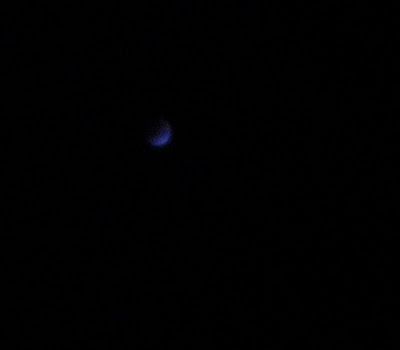Joseph W. Bottini
James A. Goeke
Edward P. Sullivan
We learn a little more about each from this FBI press release May 4, 2007, when the grand jury indictments were released. Marsh worked with Bottini on the Anderson trial.
This case is being prosecuted by trial attorneys Nicholas A. Marsh and Edward P. Sullivan of the Criminal Division’s Public Integrity Section, headed by Chief William M. Welch, II, and Assistant U.S. Attorneys Joseph W. Bottini and James A. Goeke from the District of Alaska. The case is being investigated by the Federal Bureau of Investigation and the Internal Revenue Service Criminal Investigative Division.
From the United States Attorney Office - District of Alaska webpage. we learn about some past US Attorneys in Alaska:
United States Attorney - Later Years
Other prominent United States Attorneys served this district. Joseph W. Kehoe (1934-1942) gained recognition as a watercolor artist of Alaskan scenes. Warren N. Cuddy (1929-1933) founded the First National Bank of Anchorage, one of Alaska's two largest banking enterprises. Ralph Julian Rivers (1933-1944) was Alaska's first elected Representative in Congress, serving from 1959 to 1966. Theodore Fulton (Ted) Stevens was appointed in Fairbanks from 1954 to 1956 and later elected Senator in 1968. Michael Spaan (1981-1989) served the longest term as a United States Attorney for this district. He also personally tried the longest criminal case in the history of the state which resulted in RICO, fraud, and extortion convictions of two well-known lobbyists and political brokers. Spaan also gained widespread reputation for this vigorous enforcement of laws designed to protect Alaska's rich fishing grounds.
What I hadn't expected to see was an attorney listed for the Anchorage Daily News and KTUU, who were listed as "interested parties." Their attorney is John McKay. An article from April 2007 about him receiving the First Amendment Award from the Alaska Press Club says:
McKay's many legal victories include a unanimous Alaska Supreme Court decision aboutFor more go here.the people's right to know the details of legal-settlement payments after a public institution such as a school district gets sued.
McKay's fingerprints are all over Alaska's open meetings and open records law and its interpretation, be that testifying at hearings, arguing in court, leading open-government workshops, publishing open-government handbooks, or offering legal advice to a reporter, an elected official or just an average citizen.
He's taught communication law at the University of Alaska Anchorage since 1984. He has helped train Russian journalists. He's defended educators punished for exercising their free speech rights. And on and on.
I was a bit curious about the media being an interested party, when who should walk in? John McKay himself. So I asked him what his role in all this was. He said it was to petition to keep the as much of the trial open to the public as possible and to get access to evidence - such as the audio and video materials the Federal Government uses in the trials - as soon as possible. He said it took a month to get the video from the Anderson trial, for example.




































